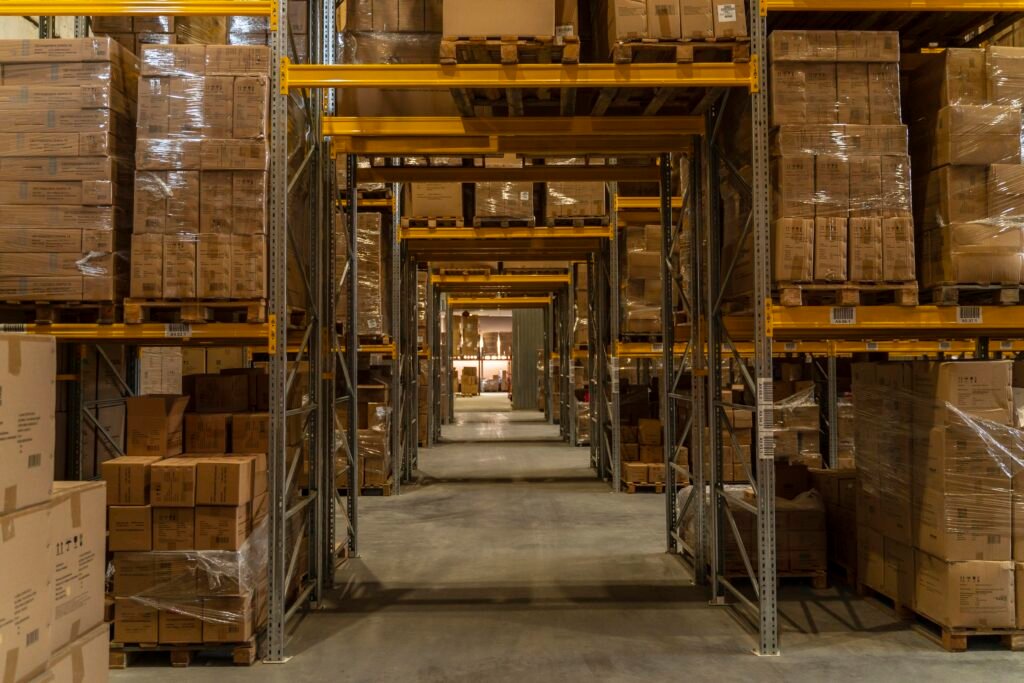
Discover the future of smart warehousing with AI, robotics, and IoT. Learn how automation is transforming logistics and supply chain management.
The Future of Smart Warehousing & Automation
What is Smart Warehousing?
A smart warehouse uses automation, artificial intelligence (AI), and the Internet of Things (IoT) to improve efficiency. Unlike traditional warehouses, which depend on manual labor, smart facilities rely on robots, sensors, and AI-powered software. As a result, businesses can process orders faster, track inventory in real-time, and reduce operational costs.
Key Technologies Driving Smart Warehousing
🚀 Artificial Intelligence (AI): AI analyzes data to improve inventory control and predict demand fluctuations.
🤖 Robotics & Automation: Machines perform repetitive tasks like sorting and packaging, increasing accuracy.
📡 Internet of Things (IoT): Smart sensors monitor stock levels, temperature, and security conditions.
📊 Warehouse Management Systems (WMS): Software automates workflow, ensuring smooth operations.
🚁 Drones & Autonomous Vehicles: Drones assist with inventory checks, while self-driving vehicles handle deliveries.
Why Smart Warehousing Matters
Adopting smart warehousing solutions offers several benefits. First, it reduces labor costs by automating repetitive tasks. Second, it enhances accuracy, minimizing human errors in inventory management. Additionally, real-time tracking ensures that businesses never run out of stock unexpectedly. Most importantly, automation helps speed up order fulfillment, leading to better customer satisfaction.
Challenges in Smart Warehousing
While automation improves efficiency, it comes with challenges. The initial investment is high, making it difficult for small businesses to adopt. Additionally, technical failures can disrupt operations, causing delays. Another concern is data security—since warehouses rely on cloud-based systems, cyber threats remain a risk.
The Future of Smart Warehousing
Looking ahead, warehouses will become even more intelligent. AI-powered predictive analytics will optimize inventory planning. 5G connectivity will allow real-time monitoring of shipments. Meanwhile, companies will invest in sustainable practices, using solar energy and eco-friendly packaging.
Final Thoughts
The future of warehousing is fast, automated, and intelligent. As technology advances, businesses must embrace innovation to stay ahead. Are you ready for the smart warehouse revolution? Let’s discuss in the comments!
